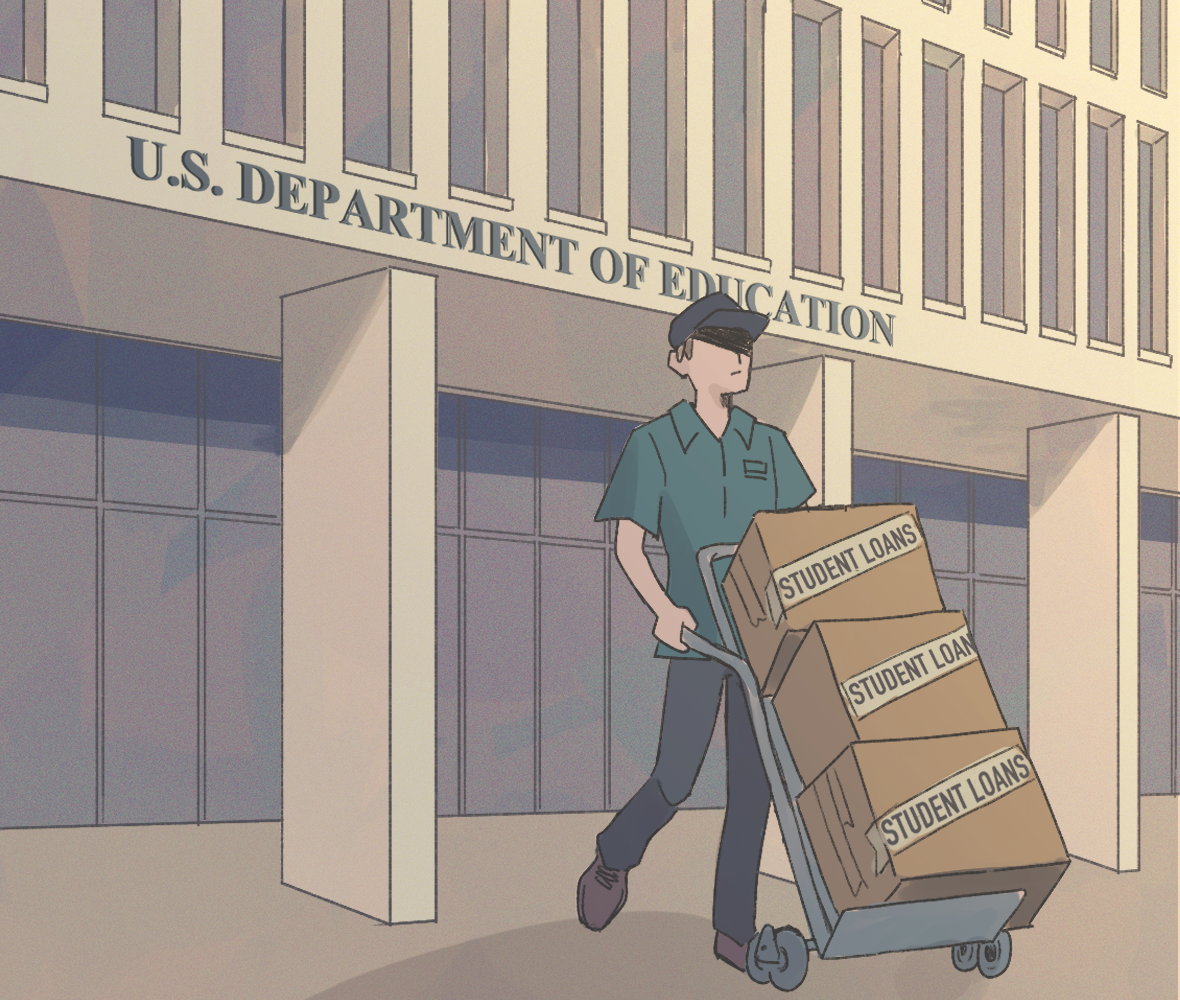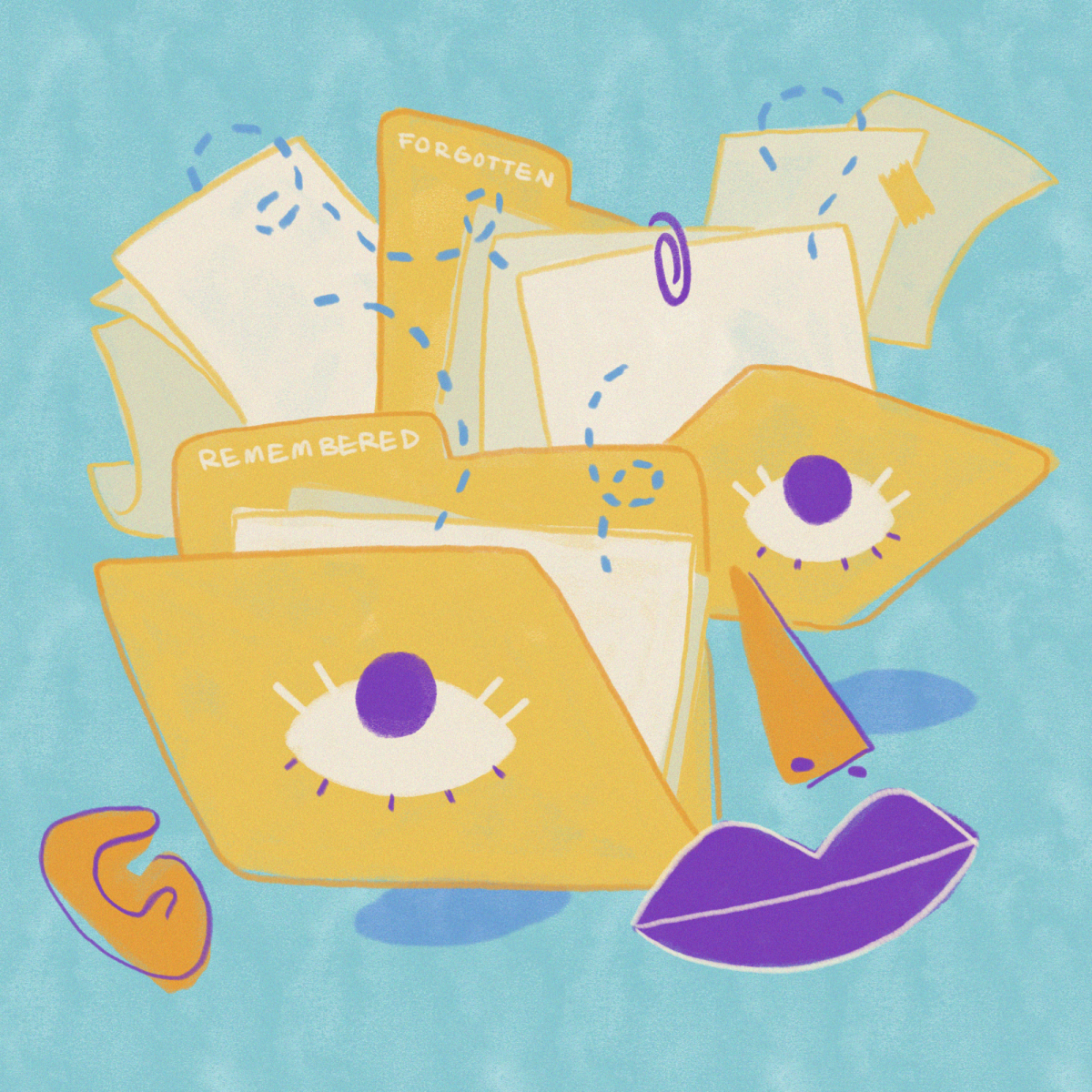CAPE CANAVERAL, Fla. — As the miles melted between Atlantis and the International Space Station, the emotions grew — in orbit and on the ground.
At Mission Control on Sunday, lead flight director Kwatsi Alibaruho declared “this is it” as he gave the OK for the final docking in space shuttle history. Flashbacks to the shuttle’s very first space station docking — with Russia’s Mir in 1995 — flooded his mind as he viewed the shuttle on the screens. He was a NASA trainee back then.
About 240 miles above the Pacific, the station’s naval bell chimed a salute — one of many landmarks, or rather spacemarks, of this final two-week shuttle mission that are being savored one by one.
“Atlantis arriving,” called out space station astronaut Ronald Garan Jr. “Welcome to the International Space Station for the last time.”
Cries of joy and laughter filled the connected vessels once the hatches swung open and the two crews — 10 space fliers altogether representing three countries — exchanged hugs, handshakes and kisses on the cheek. Cameras floated everywhere, recording every moment of the last-of-its-kind festivities.
Atlantis, carrying a year’s worth of supplies, is being retired after this flight, the last of the 30-year shuttle program.
This was the 46th docking by a space shuttle to a space station.
NASA, meanwhile, continued to bask in the afterglow of Friday’s liftoff. As part of Sunday’s mail to Atlantis, Mission Control sent up a 4-inch image of a shuttle made entirely of exclamation points.
NASA is getting out of the launching-to-orbit business, giving Atlantis, Endeavour and Discovery to museums, so it can start working on human trips to asteroids and Mars. Private U.S. companies will pick up the more mundane job of space station delivery runs and, still several years out, astronaut ferry flights.
NASA Administrator Charles Bolden stressed in an interview with CNN’s “State of the Union” program Sunday morning that the United States will remain the world leader in space exploration, even after the shuttles stop flying.














